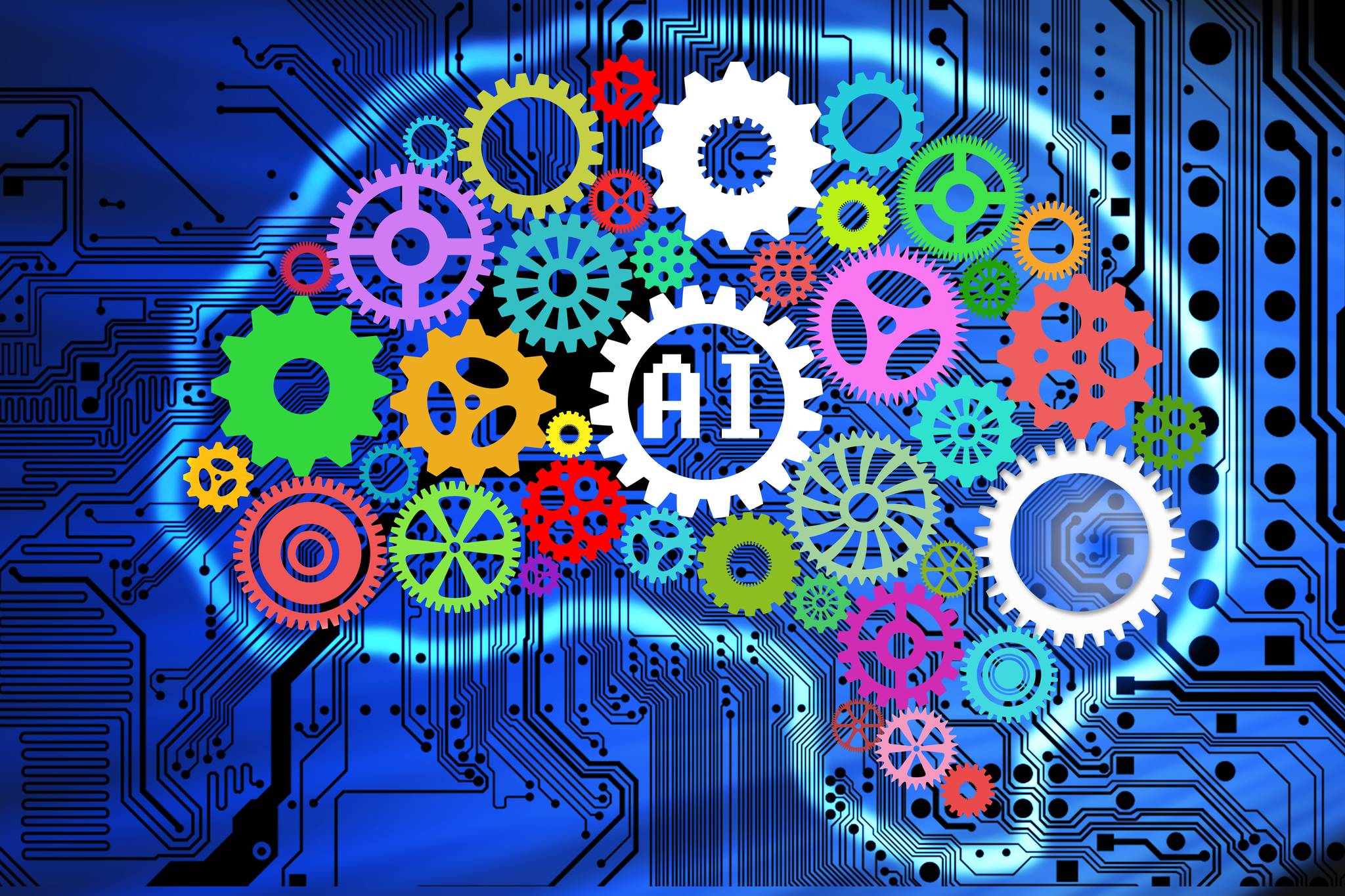Four Ways for Businesses to Use AI
Artificial intelligence presents employers with a technological alternative to their traditional modes of operation. With its emergence, businesses are now able to create programs and equipment that allow for autonomous decision-making through the smart interpretation of large volumes of data. Be it in the fields of health care, retail or financial services, or even within industrial businesses, applications derived from AI presently affect virtually all sectors of the world economy. The mass adoption of this technology is justified by its ability to identify with precision the patterns that exist within data, to make projections and to run simulations.
Here are a few possible ways that businesses can use this technology:
CHATBOTS
These software robots, which can converse with consumers through an automated chat service, offer retail businesses the opportunity to improve and expand their social channels in addition to presenting a specific service in real time.
- Notable initiatives that incorporate chatbots include Duolingo, Gumbot (offered by Gumtree), Replika (offered by Luka) and Cleverbot.
ROBO-ADVISERS
A robo-adviser is typically an automated, online management service that replaces the basic portion of the work completed by a financial consultant for a fraction of the cost. While this technology is still at an early stage of its development, it is expected that businesses will be able to use it to develop financial management strategies that are tailored to the profiles of their clients according to the clients’ historical data.
- Startups that operate in this niche of the market include Betterment, Personal Capital, Schwab Intelligent Portfolios and SigFig.
DYNAMIC PRICING
As customers become increasingly segmented, businesses can adjust prices in real time in order to draw greater economic value.
IBM Dynamic Pricing and Perfect Price currently offer cutting-edge solutions.
CONSUMER DATA ANALYSIS
With the amplification of the volume of data detected by smart sensors (located in cars, houses, etc.) and generated by the Internet of Things, an opportunity has arisen for the development of tools dedicated to managing the complexity of human risk and to identifying consumer trends. With these initiatives, it is possible to offer consumers more personalized serviced.
- Earley Information Science is one company that offers such promotional services.


